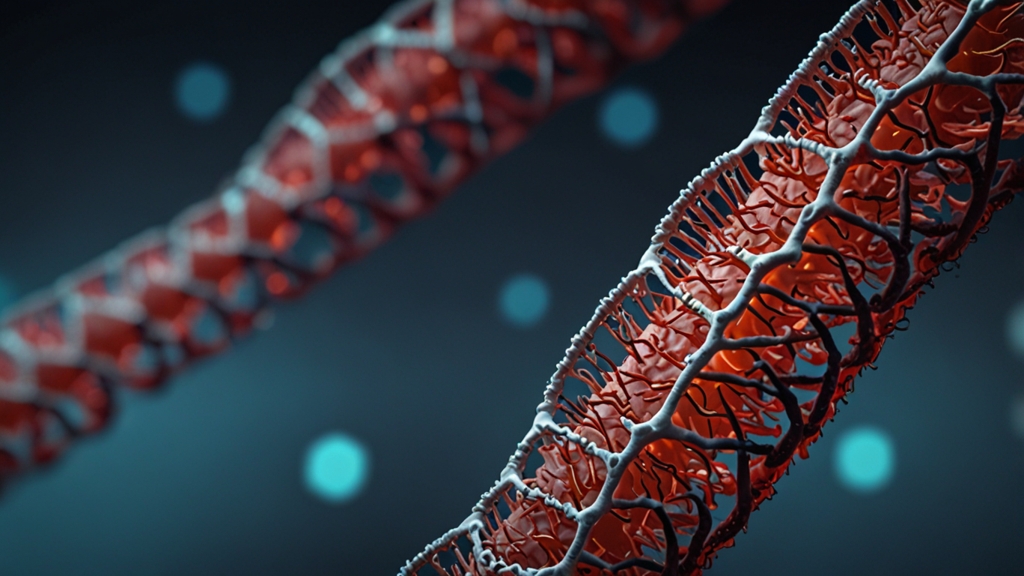Gene Editing Revolution: How CRISPR is Changing the Future of Medicine
Gene editing has long been a dream of scientists and doctors seeking cures for genetic diseases and improvements in human health. Since the discovery of CRISPR (Clustered Regularly Interspaced Short Palindromic Repeats) and its association with the Cas9 enzyme, the landscape of genetic engineering and medicine has been transformed. This powerful technology allows precise, directed changes to genomic DNA, opening up possibilities that were once considered science fiction.
The Mechanism of CRISPR-Cas9
CRISPR-Cas9 functions like a pair of molecular scissors, able to cut DNA at specific locations dictated by RNA guides. When the DNA is cut, the cell’s natural repair mechanisms are activated. Scientists can exploit these repair processes to either modify the gene at the cut site or insert new genetic material. This remarkable precision and ease of use has made CRISPR-Cas9 a revolutionary tool in genetic research and therapy.
Treating Genetic Disorders
One of the most promising applications of CRISPR-Cas9 is in the treatment of genetic disorders. Conditions like cystic fibrosis, sickle cell anemia, and Huntington's disease are caused by specific gene mutations. By using CRISPR to correct these mutations directly in the patient’s cells, it’s possible to target the root cause of these diseases. Clinical trials are already underway, showing promising early results.
"CRISPR represents one of the most exciting advances in the history of biomedical science," says Dr. Jennifer Doudna, one of the pioneers of CRISPR technology. "Its potential to transform medicine is tremendous."
Beyond Genetic Diseases: Novel Therapies
CRISPR's potential extends beyond genetic diseases. The technology is being explored for use in cancer therapy, where it can help in reprogramming immune cells to better target and destroy cancer cells. Additionally, CRISPR’s capabilities are being harnessed to develop treatments for viral infections like HIV. By targeting viral DNA, CRISPR could one day provide a functional cure for infections that currently require lifelong management.
Ethical Considerations
Despite its revolutionary potential, CRISPR technology raises significant ethical and safety concerns. The possibility of off-target effects, where unintended areas of the genome are edited, presents risks that must be carefully managed. Furthermore, germline editing, which would lead to heritable changes, poses profound ethical questions. The modification of embryos and the potential for 'designer babies' have sparked extensive debate among scientists, ethicists, and policymakers.
"The power of gene editing comes with the responsibility to use it wisely," notes geneticist Dr. George Church. "We must ensure that our advancements align with ethical guidelines and society's values."
The Future of Medicine
The future of medicine with CRISPR is incredibly exciting. What started as a bacterial defense mechanism has transformed into a cutting-edge tool with far-reaching implications. As research continues to advance and ethical frameworks are developed, CRISPR holds the potential to not only treat but also prevent a multitude of genetic conditions.
In conclusion, CRISPR’s arrival marks a pivotal moment in the history of medicine. From treating genetic disorders to developing innovative therapies for a wide range of diseases, it offers unprecedented possibilities. However, the full realization of its potential must be carefully navigated to address ethical concerns and ensure safe, equitable access to its benefits.
"We are on the cusp of a new era in precision medicine," says biotech entrepreneur Dr. Feng Zhang. "CRISPR is not just a tool, but a revolution in how we understand and interact with our own biology."








